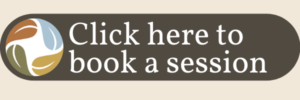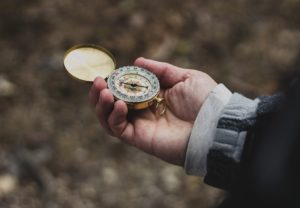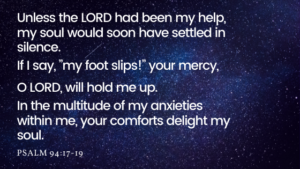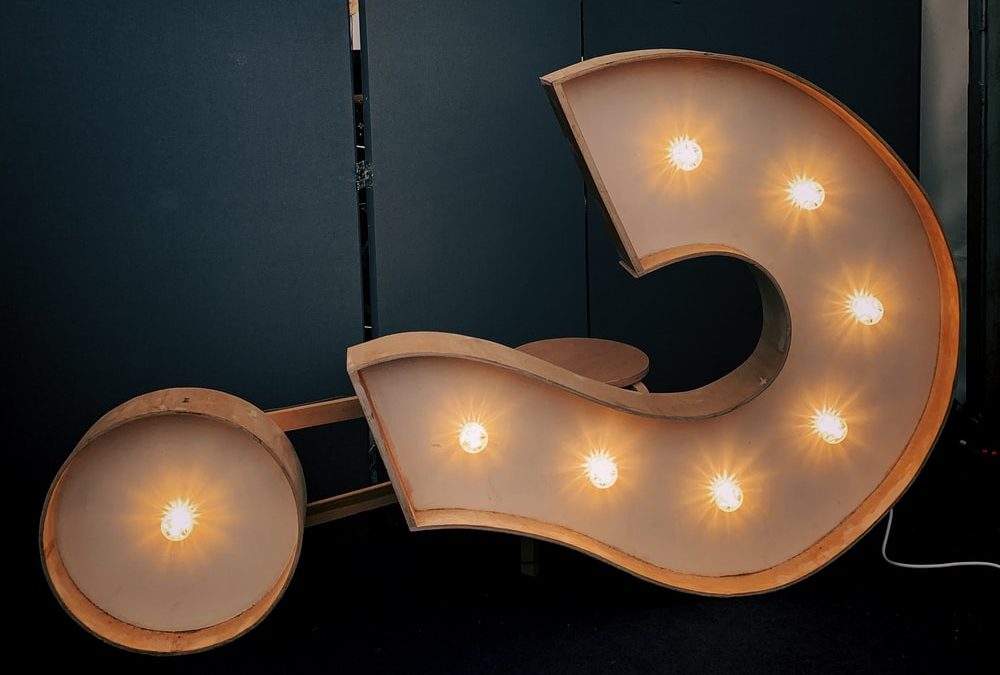
Lately I’ve been watching Wyoming PBS history documentaries on YouTube. They can be both intriguing, as in the development of the first coast-to-coast highway, and sobering, as in survival during the blizzard of 1949. Stories of ranchers providing rescue, food, and shelter to stranded travelers resemble the creative coronavirus response stories we read now. Discovering how people responded to changing circumstances in the last century has been strangely reassuring and amazing — how little human nature has changed!
Then as now, some people act out of self-pity, as if they are the only ones struggling. Other people act graciously, sharing what they have with those who have not. However, crises like the blizzard of 1949 and the great depression are different from the unknown origin, global reach, and uncertain end of this coronavirus crisis. We are losing our old normal.
During my own season of loss, I’ve lost a sense of safety in crowded places. I feel a loss of significance to my family or friends when they go silent. The switch to telehealth sessions has made me question my authenticity with clients. In some ways, this season of counseling puts me back at beginner level, my sense of being able or qualified to do this work needing to be rebuilt. The challenges of this new normal cause me to ponder my very life’s purpose and wonder if I can find meaning under the layers of loss.
 We may try to blame our losses on unavoidable circumstances, people’s disregard for the welfare of others, society’s prejudice/upheaval/chaos, or our family’s generational sickness/dysfunction/sin. Yet, assigning blame skips over the one key piece for surviving both past crises and the current one — our response to our own losses. When we respond to loss in an unhealthy way, we either try to control who/what caused the loss, or we try to perform perfectly to appease or please the one who caused the loss.
We may try to blame our losses on unavoidable circumstances, people’s disregard for the welfare of others, society’s prejudice/upheaval/chaos, or our family’s generational sickness/dysfunction/sin. Yet, assigning blame skips over the one key piece for surviving both past crises and the current one — our response to our own losses. When we respond to loss in an unhealthy way, we either try to control who/what caused the loss, or we try to perform perfectly to appease or please the one who caused the loss.
When loss knocks us off balance, all humans experience disorientation, confusion, anxiety, fear, depression, and yes, anger.
As humans, we need the support of other humans to recenter. However, if our lives began with too little input from our caregivers, we have lost some ability to connect with others. If our lives began with too much input from our caregivers, we have lost some ability to disengage from others. To protect us from loss, invisible scar tissue forms over these wounds of abandonment or engulfment.
The purpose of scar tissue is to protect a wounded area until it can heal from the inside out. The problem is that many of my losses have been pushed down below my ability to reach them on my own.
When we spend our lives consciously or unconsciously avoiding
loss, we aren’t available for meaningful relationship – not with
others, ourselves, or even God.
David Damico, The Faces of Rage
In Scars, TobyMac sings, “When life cuts so deep, try and remember you’re not alone. We’ve all been there. Scars come with livin’.” At first, I needed support as I turned back the pages to my younger days. Only with help could I see where the original losses occurred. I had to be willing to remember both happy and sad, bewildering and enlightening, peaceful and fear filled days for the process to be helpful. Now I realize I need consistent support to remember to lift my head up above the chaos around me, and to remember where my help comes from.

Let’s use these days of limited travel and visiting with others to sort our what fuels our souls and flows from who we really are. The One who made us on purpose knows us better than we know ourselves. He is always purely good, kind, and truthful!


